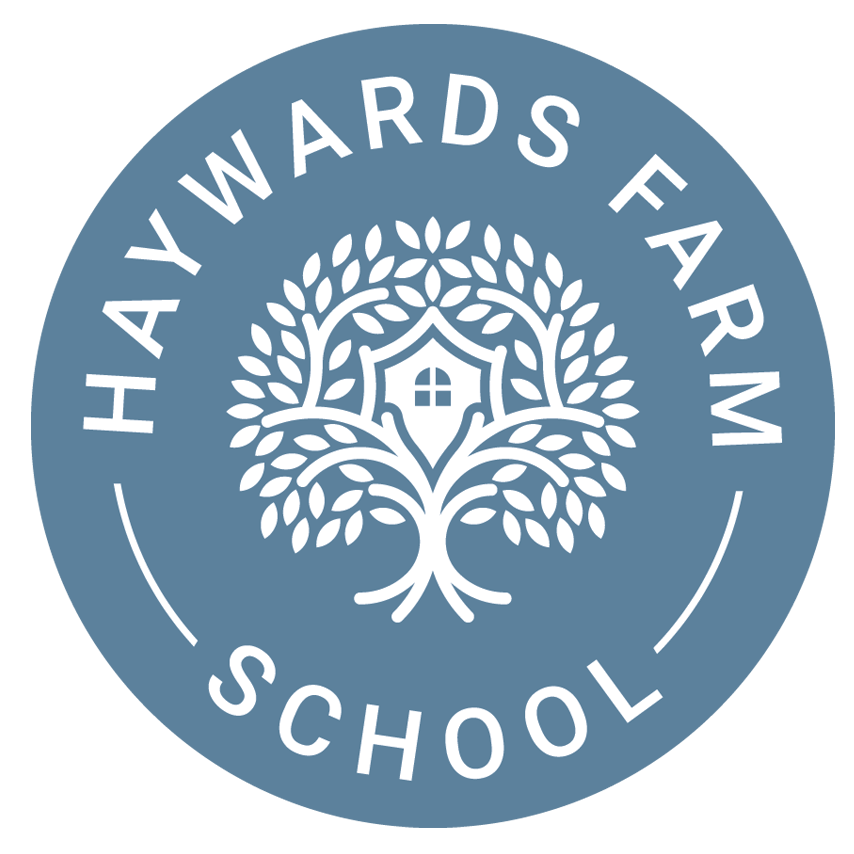English
English is the teaching of reading, writing, speaking, listening and grammar. At Haywards Farm School, all pupils have timetabled sessions to develop these key skills. English enables pupils to communicate effectively at home, school and in the wider world, leading to improved life skills and wider opportunities. An understanding of how language is the vehicle for communication in both oral and written forms is paramount in our thinking and planning. To become literate, children need to understand that writing is a representation of speech, and that both come in a variety of forms linked to purpose. Our delivery of the English curriculum is based upon fundamental evidence-based action research.
 What else Haywards Farm does...
What else Haywards Farm does...
The school has exciting and stimulating literature, and staff are dedicated to ensuring that our children are excited by text.
The school recognises that some of our students struggle with communication, speech and language which is why we are dedicated to supporting students in an inclusive manner and a non-pressure environment. Outside the classroom at our farm, our vision is supported and these skills, such as communicating, being able to give and follow instructions and allowing others to have a voice and an option encouraged and role modelled, which enables students to build confidence and transfer into the school and the wider community.
Haywards Farm School uses Vipers
What are Vipers?
VIPERS is an acronym to aid the recall of the 6 reading domains as part of the UK’s reading curriculum. They are the key areas which we feel children need to know and understand in order to improve their comprehension of texts.
VIPERS stands for: 
Vocabulary
Inference
Prediction
Explanation
Retrieval
Sequence or Summarise
The 6 domains focus on the comprehension aspect of reading and not the mechanics: decoding, fluency, prosody etc. As such, VIPERS is not a reading scheme but rather a method of ensuring that teachers ask, and students are familiar with, a range of questions. They allow the teacher to track the type of questions asked and the children’s responses to these which allows for targeted questioning afterwards.

